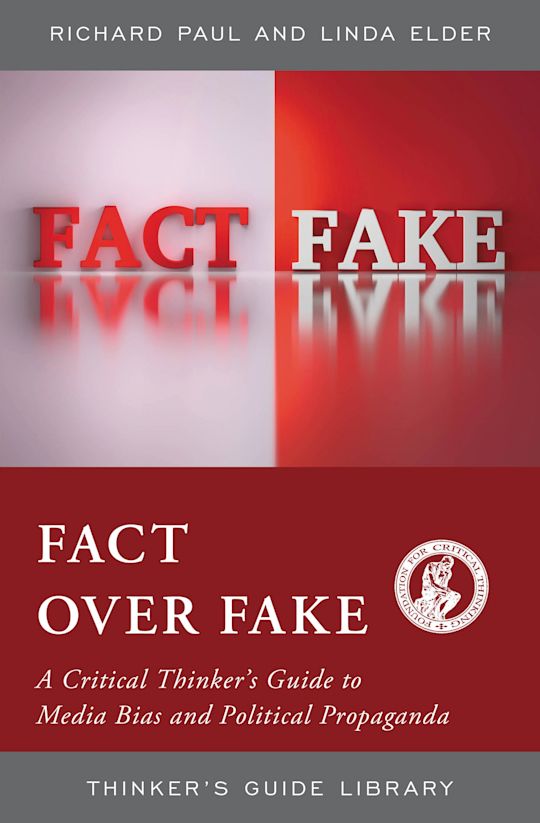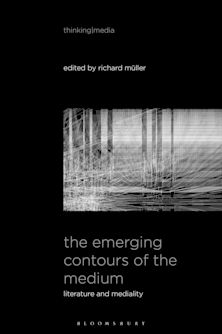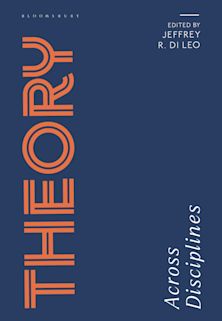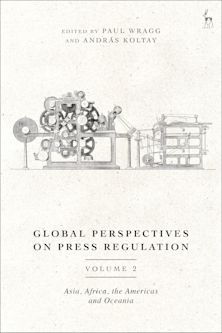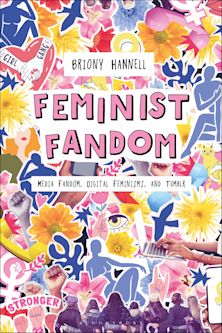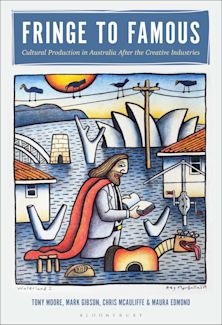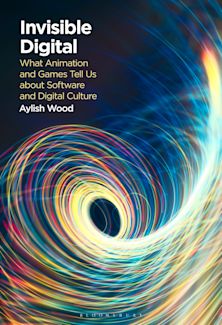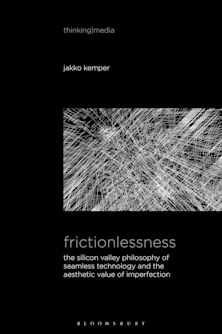Fact over Fake
A Critical Thinker's Guide to Media Bias and Political Propaganda
Fact over Fake
A Critical Thinker's Guide to Media Bias and Political Propaganda
Description
Today’s instantaneous and ever-present news stream frequently presents a sensationalized or otherwise distorted view of the world, demanding constant critical engagement on the part of everyday citizens. Richard Paul and Linda Elder reveal the power of critical thinking to make sense of overwhelming and often subjective media by detecting ideology, slant, and spin at work. Fact over Fake is an essential guide for anyone who wants to stay informed in today’s overwhelming news arena while not falling prey to political propaganda and manipulation.
Table of Contents
The Logic of the News Media
What is News?
Political Views in the News – Understanding the Liberal Mind
Political Influences, Advertising, and Group Think
Technological Noise in the News
What We Need the News Media to Do for Us
Chapter 1: Current Trends Affecting How We See the News
Key Critical Thinking Questions to Ask When Seeking the News
Realities That Impede Our Ability to Get Objective News
The Problem of Fake News
Social Media as an Unreliable News Source
Chapter 2: Essential Critical Thinking Tools for Understanding Media Logic
Defining Critical Thinking
A Comprehensive Approach to Critical Thinking
All Humans Use Their Thinking to Make Sense of the World
All Thinking Is Defined by the Eight Elements That Make It Up
Analyze Thinking Through its Elemental Structures
Question the Reasoning Embedded in a News Article
Question Your Own Reasoning While Reading the News
Reason Through News Articles, Editorials, and Stories – a Checklist
Evaluate Reasoning Through Critical Thinking Standards
Critical Thinking Standards for Assessing News Articles, Editorials, and
Stories
Defining Characteristics of the Disciplined Mind –
and How They Help Us See Through Bias and Propaganda
Rational or Irrational Tendencies Can Control the Mind
Humans Distort Reality Through Irrational Lenses
The Problem of Egocentric Thinking
The Problem of Sociocentric Thought
Chapter 3: Objectivity, Bias, and Underlying Agendas
Democracy and the News Media
Myths That Obscure the Logic of the News Media
Bias and Objectivity in the News Media
How the News Media Views Objectivity
Forms of Objectivity
The Perception of Bias in the Mainstream
Propaganda and News Story Writing
Protecting the Home Audience from Feelings of Guilt
How the News Media Fosters Sociocentric Thinking
Chapter 4: Become an Astute Media Consumer
How to Obtain Useful Information from Propaganda and Typical News Stories
Steps in Becoming a Critical Consumer of the News
Media Awareness of Media Bias
Sensitivity to Advertisers
Sensitivity to Politicians and the Government
Sensitivity to Powerful Interests
Sensitivity to Their Competitors
The Bias Toward “Novelty” and “Sensationalism”
Critical Consumers of the News
Dominant and Dissenting Views: Finding Alternative Sources of Information
Buried, Ignored, or Underreported Stories
Readings that Help You Become a More Independent Thinker
?
Chapter 5: The Future of the News
Is It Possible for the News Media to Reform?
Is the Emergence of a “Critical Society” Possible?
Afterword: How the Internet and Other Technologies Pervade Our Lives
How the Internet Works: The Big Picture
Assess a Given Website Using Critical Thinking Standards
Appendix: An Abbreviated Glossary of Critical Thinking Concepts and Terms
Product details
| Published | 15 Nov 2020 |
|---|---|
| Format | Ebook (PDF) |
| Edition | 1st |
| Extent | 108 |
| ISBN | 9798765194188 |
| Imprint | The Foundation for Critical Thinking |
| Illustrations | 15 colour illustrations; 2 colour photos; 4 textboxes |
| Series | Thinker's Guide Library |
| Publisher | Bloomsbury Publishing |









